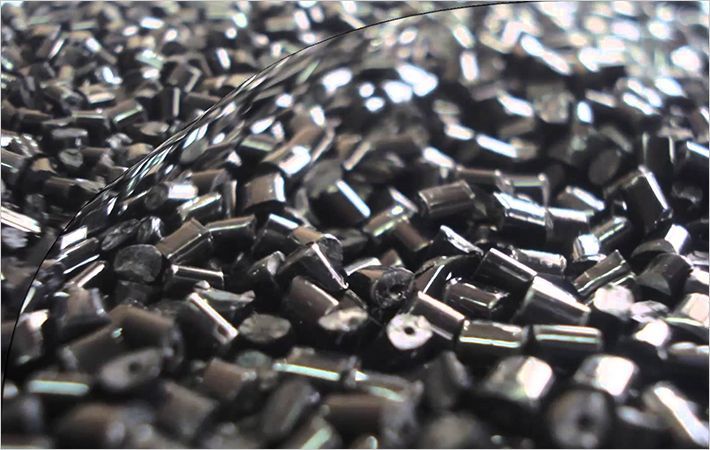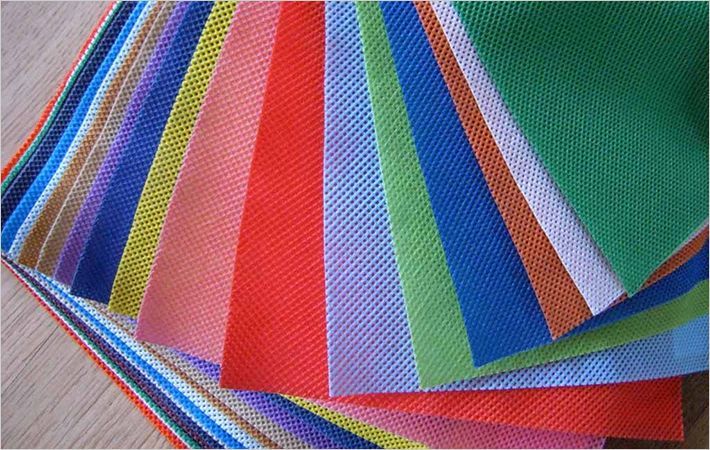The cooperation along the entire supply chain from the material supplier to the OEM is a crucial factor, especially as the aerospace industry continues to focus on replacing metals with plastics to reduce aircraft weight.
The thermoplastic qualified by Airbus is a high flow, easy processing material that results in parts with a high modulus. This provides an advantage helping engineers to design components that can deliver an equivalent strength and stiffness at up to 70% lighter weights when compared to traditional aerospace metals such as stainless steel, titanium, and aluminum.
“Victrex strives to work with our customers at all levels to develop and deliver solutions for the toughest challenges,” said Harald Hedderich, Aerospace Strategic Marketing Manager for Victrex Polymer Solutions.
“Removing as little as 100 pounds (45 kilograms) can result in up to $10,000 in annual fuel cost savings per long-range plane. We are excited for the opportunities that the VICTREX PEEK 90HMF40 qualification can bring given airline demands to improve fuel efficiency,” explained Hedderich.
While standard unfilled, carbon fiber, and glass fiber filled VICTREX PEEK polymers have been qualified for more than 25 years in some instances, VICTREX PEEK 90HMF40 delivers several key benefits those grades cannot.
The high-modulus polymer provides up to 100 times longer fatigue life and up to 20% higher specific strength and stiffness when compared to Aluminum 7075-T6 under the same conditions. These high mechanical properties, its ability to perform across a broad temperature range and its durability in chemically aggressive environments allows VICTREX PEEK polymers to continue to be a material of choice for the aerospace industry.
Victrex

